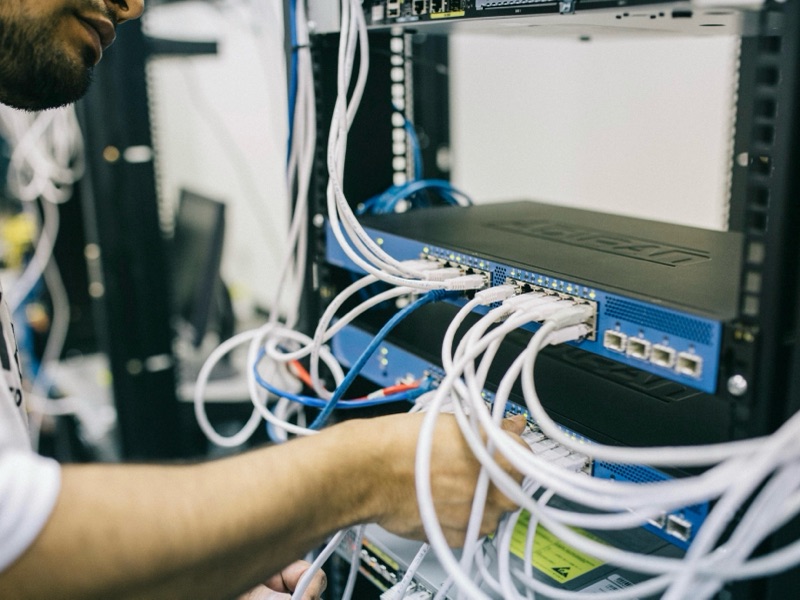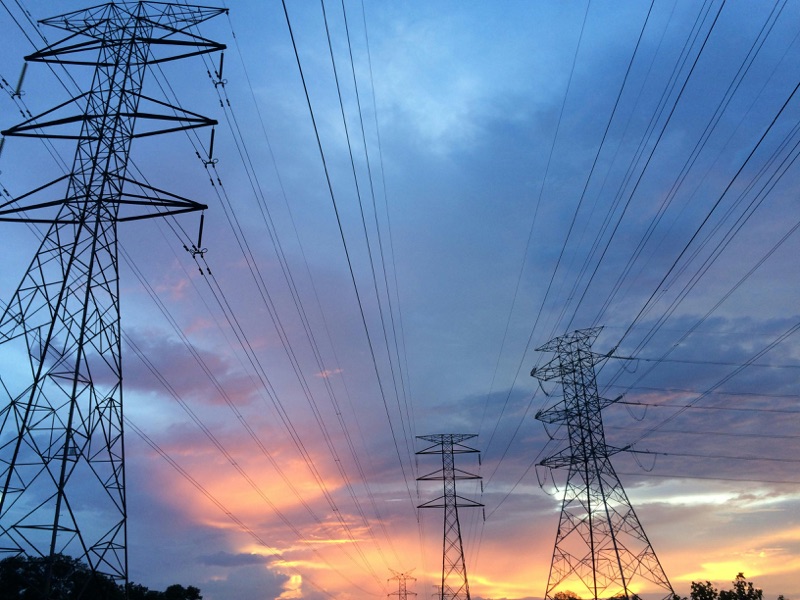Imagine waking up tomorrow morning and discovering that the entire internet—websites, apps, cloud services, emails, messaging platforms—was simply… gone. Not due to censorship or regional outages, but a total, global blackout for 24 hours. No Google. No Amazon. No banking. No Zoom. No WhatsApp. Just the sound of a world attempting to operate without its digital nervous system.
While the likelihood of such an event is extremely low due to the internet’s decentralized structure, it’s not entirely impossible. And pondering this scenario reveals just how deeply embedded the internet has become in our daily lives, our economies, and even our basic safety systems.
This article explores what a 24-hour global internet shutdown would actually mean—for governments, businesses, individuals, and critical infrastructure—and what science and data suggest would happen.

Could It Happen?
Let’s start by grounding the scenario in technical feasibility.
The internet is decentralized by design, with no single point of control. This architecture makes a total shutdown nearly impossible under normal circumstances. However, theoretical conditions that could lead to a global outage include:
- Massive coordinated cyberattack on core DNS infrastructure (like the 2016 Mirai botnet DDoS attack on Dyn).
- Solar flare or geomagnetic storm disrupting undersea cables and satellite communication (see: Carrington Event of 1859, which would today wreak havoc on digital infrastructure).
- Global software or firmware bug introduced into critical router or backbone firmware (akin to a supply-chain cyberattack).
- Coordinated state-led shutdown, while improbable politically, could hypothetically be enacted in war-like scenarios.
The closest modern analog is the 2008 incident in the Middle East, where undersea cable cuts led to major internet outages across multiple countries. In 2021, Fastly’s CDN outage briefly took down Reddit, CNN, Spotify, and The New York Times. These were hours-long and partial, but they hint at what larger failures could look like.
Now, let’s explore what a complete global internet shutdown would affect—and how.

The First Hours: Immediate Chaos in Communication
Email, messaging apps, and social media are typically the first channels people turn to in an emergency. If the internet suddenly dropped offline, communication would instantly fall back to:
- Traditional telephony and SMS (assuming mobile networks remain unaffected).
- Radio transmissions (used by emergency services and military).
- Local intranets or LANs, where available.
However, most mobile phone networks rely on internet routing protocols, particularly VoIP and LTE backhaul traffic that uses IP-based transport. Without the internet, many voice and SMS services would degrade or collapse.
In countries where mobile internet access is the only access (e.g., in Sub-Saharan Africa or parts of Southeast Asia), users would be entirely cut off from digital communication. According to GSMA’s 2023 Mobile Economy Report, over 55% of global internet users connect exclusively via mobile devices.
Result: Panic, confusion, and widespread information blackouts.

Economic Impact: A $43 Billion Daily Loss
The internet accounts for a massive portion of the global economy.
According to a 2021 analysis by NetBlocks and the Internet Society, a single day of global internet shutdown could cost the global economy over $43 billion. Here’s the breakdown:
- E-commerce: Platforms like Amazon, Alibaba, and Shopify process millions of orders per day. With online retail contributing over 20% of global retail sales, a single-day shutdown could mean billions in lost revenue and broken supply chains.
- Banking & finance: Payment processors such as VisaNet, SWIFT, and PayPal rely on internet infrastructure. Card payments would fail, ATMs would freeze, and real-time trading on global exchanges would halt.
- Cryptocurrency markets, which operate 24/7 on the internet, would go completely dark. Decentralized, yes—but still dependent on a functioning web.
Additionally, cloud services (AWS, Azure, Google Cloud) that power business operations, logistics, ERP systems, and APIs would all go offline.
The ripple effects include lost wages, canceled deliveries, and halted manufacturing lines that rely on just-in-time inventory systems and remote coordination tools.

Infrastructure & Safety Risks: Power, Water, and Emergency Services
Critical infrastructure relies on the internet more than most realize:
Power Grids
Modern electrical grids are controlled and monitored via SCADA systems, many of which are internet-facing. While most grids have offline fail-safes and isolated networks, remote management would be disrupted. Blackouts or inefficiencies could result from delayed or missing telemetry data.
Water Supply
Water treatment plants also use SCADA systems, some of which are cloud-connected. A temporary disconnection could delay chemical treatment adjustments or leak detection, particularly in cities with older infrastructure.
Emergency Services
911 (or 112 in Europe) systems increasingly rely on VoIP, GPS, and cloud data services for routing and dispatching. An outage would force a reversion to radio systems and analog dispatching, slowing emergency response.
According to the U.S. Department of Homeland Security, over 85% of the country’s critical infrastructure is privately owned and managed, making centralized contingency planning difficult.
Societal and Psychological Effects
In the age of social media and 24/7 connectivity, the internet is not just a tool—it’s a psychosocial environment. Studies from the American Psychological Association show that people experience measurable stress and withdrawal symptoms during even brief digital disconnections.
Key likely outcomes of a 24-hour blackout:
- Panic buying and hoarding, assuming this is a precursor to a larger catastrophe.
- Rise in misinformation, as people fall back on rumors without official channels.
- Mental health impacts, especially in younger demographics that rely on constant digital engagement for social validation and connection.
A 2017 study in Computers in Human Behavior showed that just a week without social media led to increased feelings of loneliness and decreased satisfaction in life among regular users.
Silver Linings? Resilience and Reflection
While the immediate consequences of a 24-hour internet blackout would be severe, it could also act as a global stress test.
We might learn:
- How well local systems and communities function without centralized digital dependency.
- Which infrastructures and industries need true offline fail-safes.
- Whether we are over-leveraged on cloud solutions with too little physical redundancy.
And on a societal level, such an event might prompt much-needed discussions about digital overdependence, data sovereignty, and the balance between convenience and control.

Conclusion
A 24-hour global internet shutdown would be nothing short of catastrophic for communication, commerce, governance, and daily life. But it would also expose critical vulnerabilities—technological, economic, and social—that we ignore at our peril.
Preparing for such an unlikely event isn’t paranoia; it’s resilience planning.
As our world becomes increasingly digitized and interconnected, the internet ceases to be a utility and becomes a necessity. Asking “what if” is the first step toward ensuring we’re not caught off-guard when something does go wrong.
Sources & References:
- Internet Society, “The Global Cost of Internet Shutdowns in 2021”
- U.S. DHS Cybersecurity & Infrastructure Security Agency (CISA)
- GSMA Mobile Economy Report, 2023
- Fastly Outage Report, 2021
- IEEE Spectrum on SCADA Systems & Grid Reliability
- APA Studies on Digital Dependency
- “Digital Detox: The Psychological Impact of Disconnection” – Computers in Human Behavior (2017)